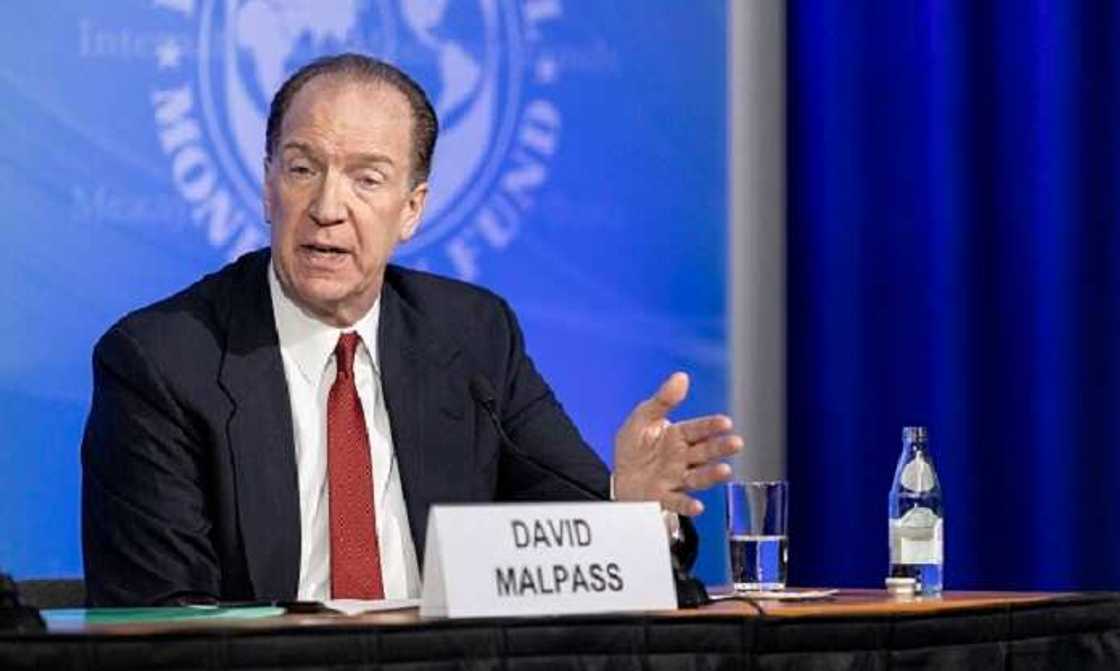4 in 10 Nigerians Are Poor: World Bank List to FG Urgent Actions Needed to Stop Poverty from Getting Worse
- A new report from World Bank shows over 40% of Nigerians are living in poverty, this comes to about 4 in 10 citizens
- The alarming figure again shows why Nigerian is considered as a poverty capital in the world despite an abundance of resources
- World banks in its report challenge the Buhari-led government must take three urgent actions to help Nigerians
World Bank has declared that four out of every 10 Nigerians are poor and there is a need for long-term reforms to foster and sustain pro-poor growth and raise citizens out of poverty.
The Bank stated this in its latest report titled, ‘A Better Future for All Nigerians: Nigeria Poverty Assessment 2022’.
The report highlighted the need for the Nigerian government to engage in macroeconomic and fiscal reforms.

Source: UGC
Other reforms included trade, and exchange rate policy; policies to boost the productivity of the farm and non-farm household enterprises among others.
PAY ATTENTION: Subscribe to Digital Talk newsletter to receive must-know business stories and succeed BIG!
The Impact
According to the Washington based bank, if those in power can do all that is highlighted the reforms, together could help diversify the economy, invigorate structural transformation, create good, productive jobs, and support social protection programs as well as other redistributive government policies.
The report emphasizes that these reforms are urgent as Nigeria’s population continues to grow, BusinessDay reports.
Part of the report reads:
“Now is the time to ensure that the country seizes the promise of its young people for economic prosperity.
“Many Nigerians, especially in the country’s north lack education and access to basic infrastructure, such as electricity, safe drinking water, and improved sanitation. As many as 4 in 10 Nigerians live below the national poverty line."
The report also added that shaping the specifics of Nigeria’s poverty-reducing policies will depend strongly on redoubling efforts to gather and analyze data regularly.
FG to spend N3.53trillion on infrastructure, human capital development in 2022
In a related development, the minister of finance, budget and national planning, Zainab Shamsuna Ahmed, has revealed that the federal government will spend N3.53 trillion on infrastructure and human capital development in the year 2022.
She stated this during a town hall meeting organised by the ministry of information and culture in Abuja on Tuesday, February 22, and attended by a Legit.ng reporter.
The minister said Nigeria’s huge and growing population offered both an economic challenge and opportunity in the light of constrained revenue proceeds brought on by several multi-dimensional factors, including the global pandemic and its impact on the local economy.
Source: Legit.ng


